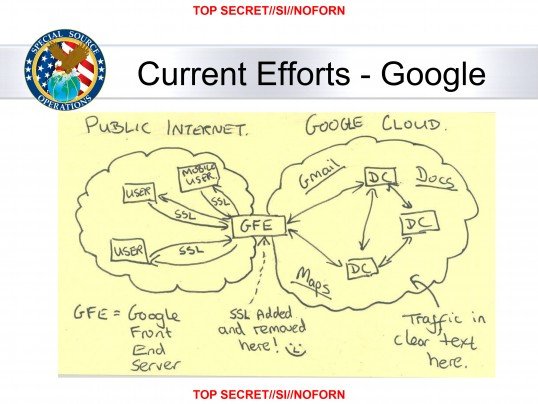This morning’s Observer column about the Facebook ’emotional contagion’ experiment.
The arguments about whether the experiment was unethical reveal the extent to which big data is changing our regulatory landscape. Many of the activities that large-scale data analytics now make possible are undoubtedly “legal” simply because our laws are so far behind the curve. Our data-protection regimes protect specific types of personal information, but data analytics enables corporations and governments to build up very revealing information “mosaics” about individuals by assembling large numbers of the digital traces that we all leave in cyberspace. And none of those traces has legal protection at the moment.
Besides, the idea that corporations might behave ethically is as absurd as the proposition that cats should respect the rights of small mammals. Cats do what cats do: kill other creatures. Corporations do what corporations do: maximise revenues and shareholder value and stay within the law. Facebook may be on the extreme end of corporate sociopathy, but really it’s just the exception that proves the rule.
danah boyd has a typically insightful blog post about this.
She points out that there are all kinds of undiscussed contradictions in this stuff. Most if not all of the media business (off- and online) involves trying to influence people’s emotions, but we rarely talk about this. But when an online company does it, and explains why, then there’s a row.
Facebook actively alters the content you see. Most people focus on the practice of marketing, but most of what Facebook’s algorithms do involve curating content to provide you with what they think you want to see. Facebook algorithmically determines which of your friends’ posts you see. They don’t do this for marketing reasons. They do this because they want you to want to come back to the site day after day. They want you to be happy. They don’t want you to be overwhelmed. Their everyday algorithms are meant to manipulate your emotions. What factors go into this? We don’t know.
But…
Facebook is not alone in algorithmically predicting what content you wish to see. Any recommendation system or curatorial system is prioritizing some content over others. But let’s compare what we glean from this study with standard practice. Most sites, from major news media to social media, have some algorithm that shows you the content that people click on the most. This is what drives media entities to produce listicals, flashy headlines, and car crash news stories. What do you think garners more traffic – a detailed analysis of what’s happening in Syria or 29 pictures of the cutest members of the animal kingdom? Part of what media learned long ago is that fear and salacious gossip sell papers. 4chan taught us that grotesque imagery and cute kittens work too. What this means online is that stories about child abductions, dangerous islands filled with snakes, and celebrity sex tape scandals are often the most clicked on, retweeted, favorited, etc. So an entire industry has emerged to produce crappy click bait content under the banner of “news.”
Guess what? When people are surrounded by fear-mongering news media, they get anxious. They fear the wrong things. Moral panics emerge. And yet, we as a society believe that it’s totally acceptable for news media – and its click bait brethren – to manipulate people’s emotions through the headlines they produce and the content they cover. And we generally accept that algorithmic curators are perfectly well within their right to prioritize that heavily clicked content over others, regardless of the psychological toll on individuals or the society. What makes their practice different? (Other than the fact that the media wouldn’t hold itself accountable for its own manipulative practices…)
Somehow, shrugging our shoulders and saying that we promoted content because it was popular is acceptable because those actors don’t voice that their intention is to manipulate your emotions so that you keep viewing their reporting and advertisements. And it’s also acceptable to manipulate people for advertising because that’s just business. But when researchers admit that they’re trying to learn if they can manipulate people’s emotions, they’re shunned. What this suggests is that the practice is acceptable, but admitting the intention and being transparent about the process is not.

